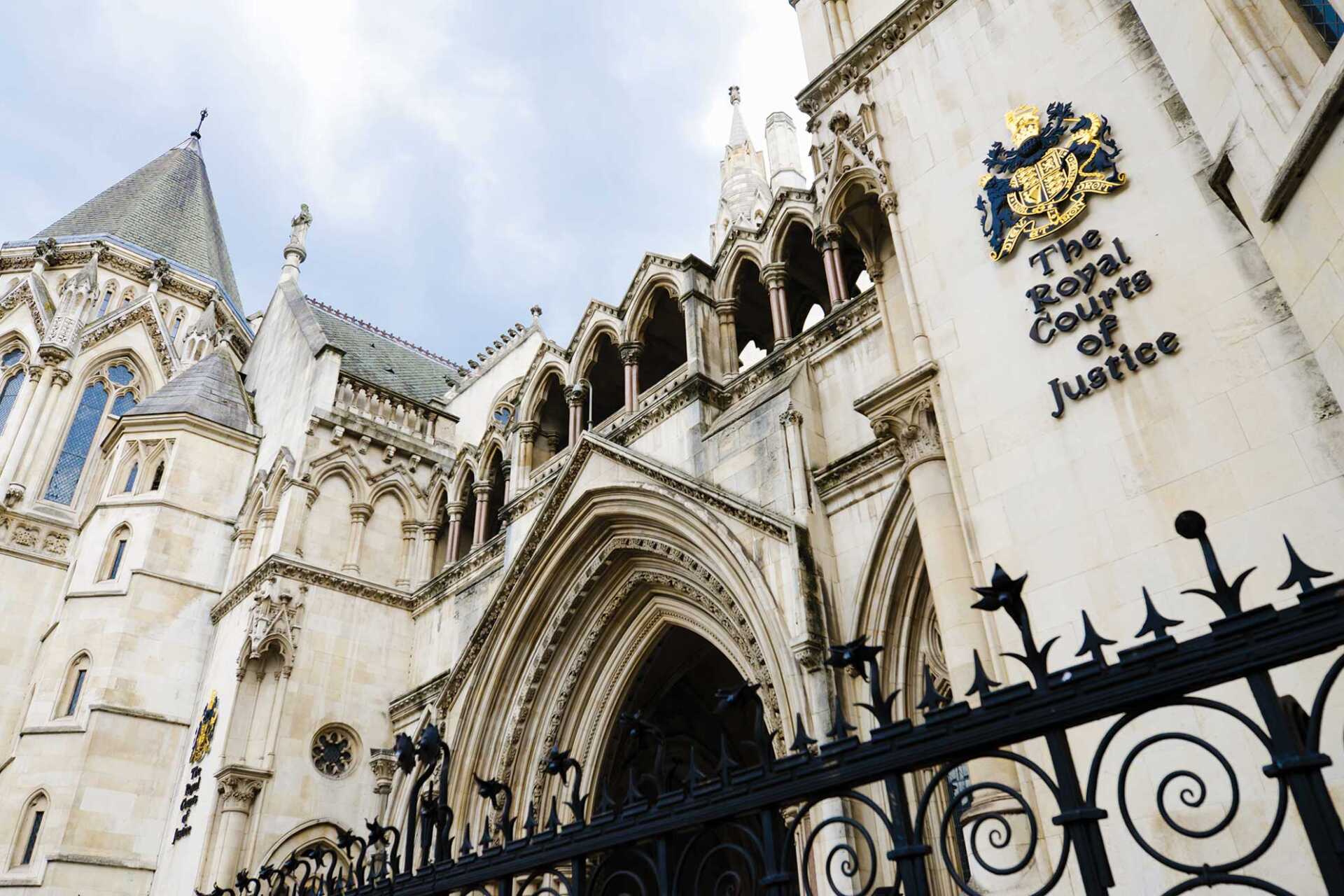Criminal Justice
Much of the School's research activity in criminal justice takes place in co-operation with the School of Sociology, Social Policy and Social Research and under the auspices of the Kent Criminal Justice Centre. Established in 1996, the Centre co-ordinates and encourages research in the field of criminal justice, and develops teaching and education initiatives, especially in co-operation with local criminal justice agencies.
Critical Commercial Law and Business Law and Regulation
Kent Law School has established a rich tradition of critical scholarship on the legal regulation of the business practices and commercial relations of market economies. Our experts inform research-led teaching in such fields as consumer debt and bankruptcy, secured credit, intellectual property, International Financial Institutions, economic development, international trade and business transactions, commercial arbitration, international labour regulation, corporate governance, regulation of personal financial services, e-commerce, and the law relating to banking and information technology.
Critical Obligations
Our expertise in the area of obligations shares a commitment to challenging the apparently coherent and common-sense rules of contract and tort. We do this by identifying the conflicts in the world outside of the textbook that shape and destabilise the operation of these rules, and by revealing the ideological, political, and distributive biases that the rules of contract and tort help to perpetuate.
Environmental Law
The Law School has long been established as a recognised centre of excellence in research and graduate teaching in environmental law, spanning international, EC and national law and policy. Current research interests include climate change, the aquatic environment, biodiversity conservation, regulation and enforcement, and trade.
European and Comparative Law
European and Comparative Law is being conducted both at an individual level as well as at the Kent Centre for European and Comparative Law, which was established in 2004 with a view to providing a framework for the further development of the Law School’s research and teaching activities in this area. Research and teaching reaches from general areas of comparative and European public and private law to more specialised areas and specific projects.
Gender and Sexuality
Home to the Kent Centre for Law, Gender and Sexuality, Kent Law School makes a significant contribution to the development of feminist perspectives on law, nationally and internationally. The Centre produces wide-ranging interdisciplinary work, drawing on a broad range of intellectual trajectories in addition to legal studies, including political theory, philosophy, sociology, political economy, cultural studies, geography, history, and drama. The Centre explores how sexuality is produced through political categories of difference and how it is governed. The research carried out by the Centre demonstrates a shared preoccupation with inequality and social change.
Governance and Regulation
Legal research involves studying processes of regulation and governance. This research cluster focuses on the character of regulation and governance to critically understand the different modes through which governing takes place such as the conditions, relations of power and effects of governance and regulation. Work within this area is methodologically diverse. Intellectually, it draws on a range of areas including socio-legal studies; Foucauldian perspectives on power and governmentality; Actor Network Theory; feminist political theory and political economy; postcolonial studies; continental political philosophy; and cultural and utopian studies.
Healthcare Law and Ethics
A number of Kent Law School (KLS) staff have interests in the area of Health Care Law and Ethics, focusing in particular on issues relating to human reproduction. Much of the research carried out by scholars in this area is critical and theoretical and has a strong interdisciplinary flavour. In addition to conducting their own research projects, staff have developed strong and fruitful collaborations with ethicists and medical professionals.
International Law
The starting point for research in international law at Kent Law School is that international law is not apolitical and that its political ideology reflects the interests of powerful states and transnational economic actors. In both research and teaching, staff situate international law in the context of histories of colonialism to analyse critically its development, doctrines and ramifications. Critical International Law at KLS engages with theories of political economy, international relations and gender and sexuality to contribute to scholarly and policy debates across the spectrum of international law, which includes public, economic, human rights, criminal and commercial law. Scholars at the Centre for Critical International Law engage in the practical application of international law through litigation, training, research and consultancies for international organisations, NGOs and states.
Law and Political Economy & Law and Development
Law and its relation to political economy are addressed from a variety of angles, including the exploration of the micro and macrolevel of economic regulations as well as theoretical aspects of law and political economy.
Legal Theories and Philosophy
Identifying the fact that several academics do work in cultural theory and political theory (including on normative concepts, religion and the state). Feminist and critical legal theories, including law and humanities approaches, as well as classical jurisprudence and philosophy of law, are focal points at Kent Law School.
Property Law
Kent Law School's property lawyers have a range of overlapping interests in both global and local property, as well as theoretical and historical, issues. Their work covers indigenous people’s rights, the environment, housing, community land, social enterprise, cultural heritage law and urban design, as well as the question of intellectual property. They have links with anthropologists working at the University and have run a very successful series of workshops exploring common interests. Their research draws on a multiplicity of theoretical perspectives including postcolonialism, feminism, and Foucault. Additional areas of research interest
Other research areas within KLS include:
- human rights
- labour law
- law and culture
- law, science and technology
- legal methods and epistemology
- public law
- race, religion and the law
- legal history
- law and philosophy.

